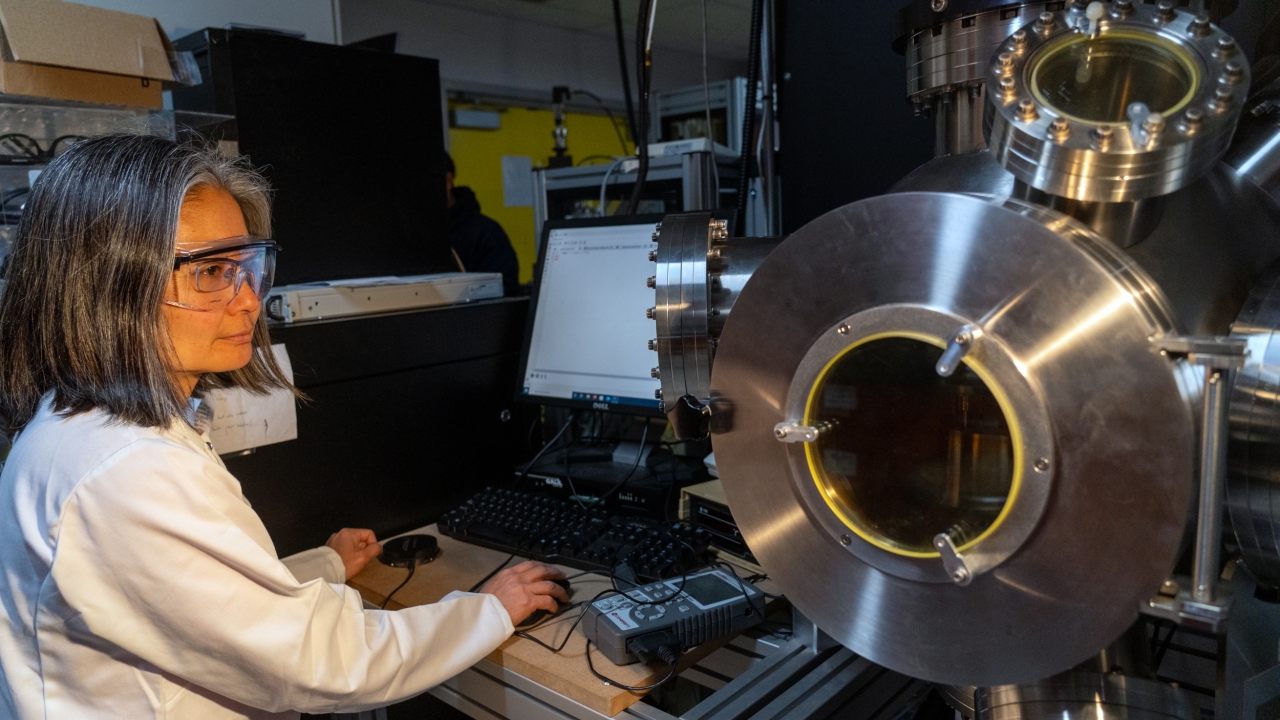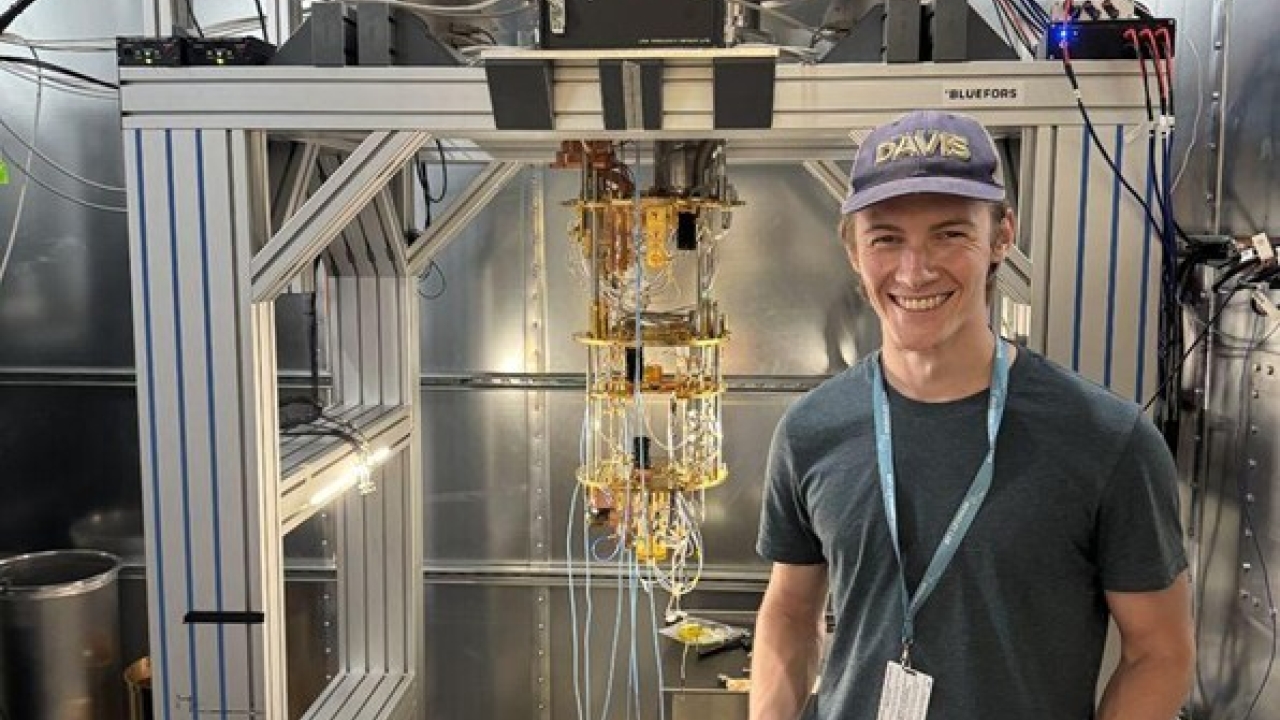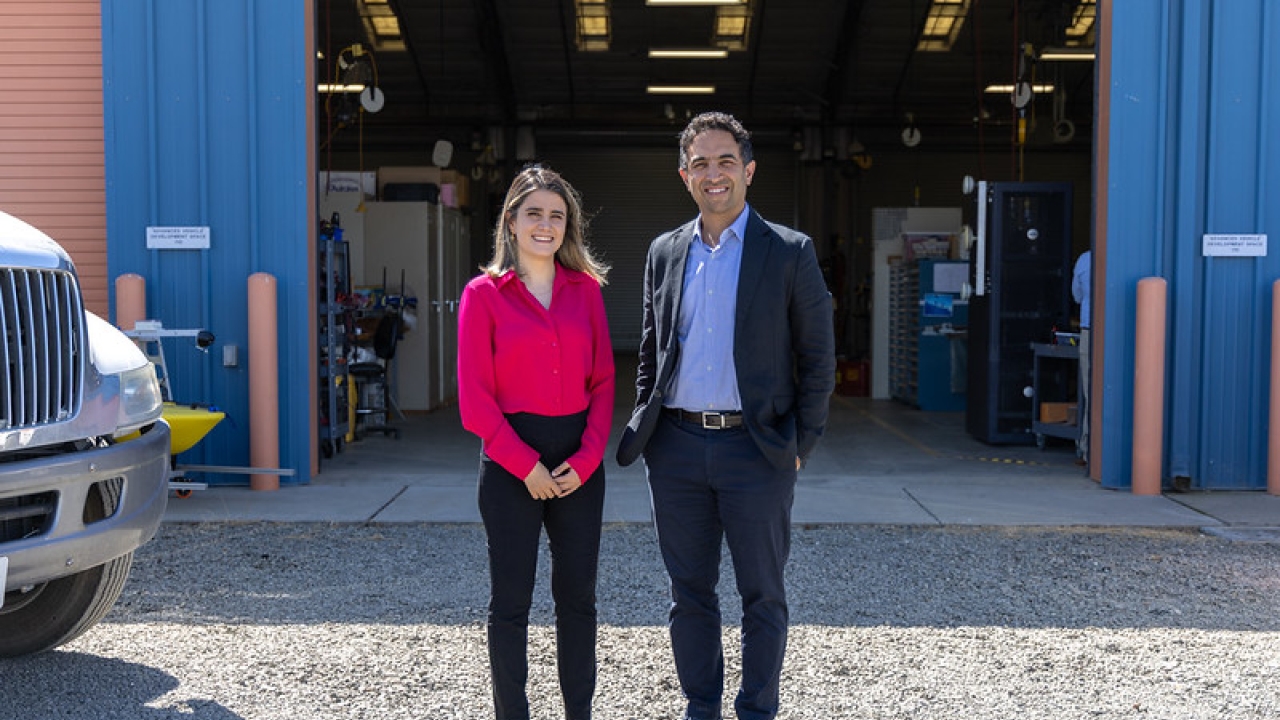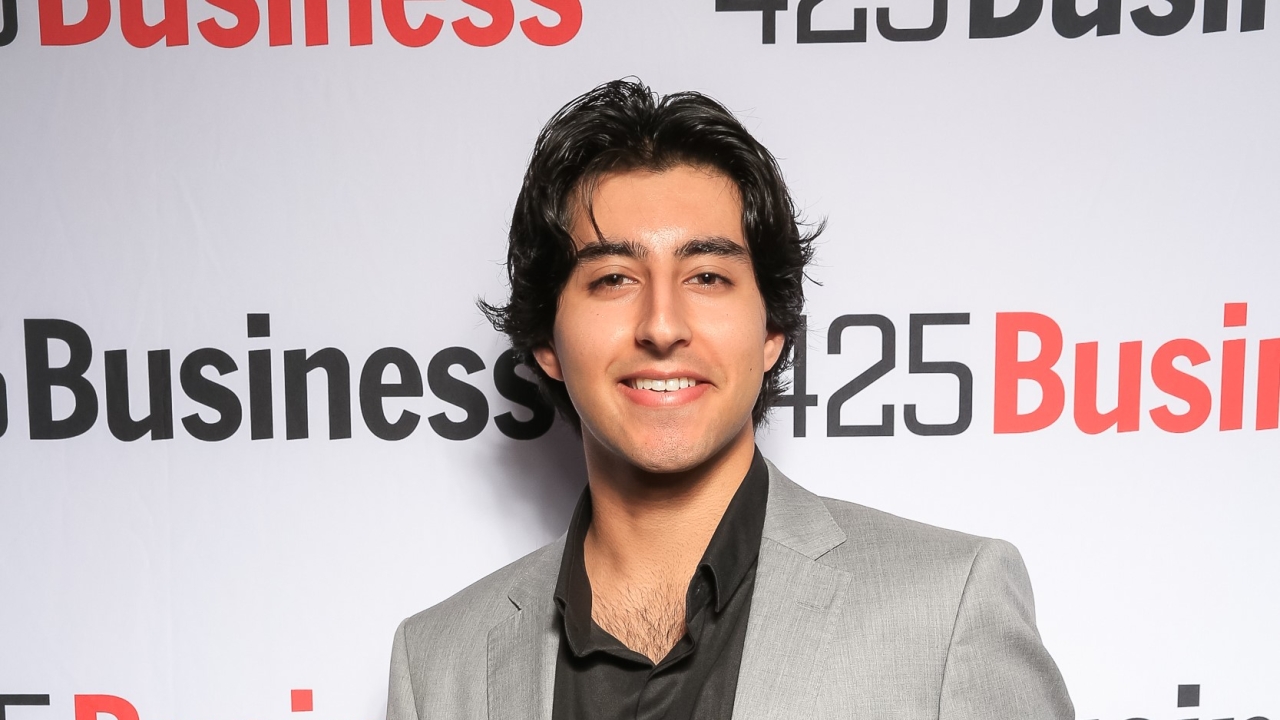
Student-Created Nonprofit Fosters Early Interest in STEM
When Sayan Bhatia '25 was 15 years old, he co-founded a nonprofit outreach program called Start STEM Early, which creates education and competition opportunities in STEM for school-age children. Now 20, the University of California, Davis, computer engineering major was recently recognized for his entrepreneurial efforts by 425 Business, a business publication serving the greater Seattle, Washington, area as one of its 2023 40 under 40.
From a young age, Bhatia, who lives in Seattle with his family when he's not in school, said he has always been interested in science. His mother introduced him to the block programming software Scratch, and by third grade, Bhatia knew how to program Java. Bhatia's love of games progressed into a desire to build them, and as an extracurricular, Bhatia built games for his friends, who would test them out.
He noticed, however, that his peers did not share his love of science, and even many teachers were unexcited by the subject, leading to boring lessons and disinterested students. Since Bhatia's own passion for STEM began at an early age, he realized how important it was for other kids to get the same opportunity.
"I find that the biggest gap in current STEM education programs is not fostering enough curiosity,"' he said. "Young students are naturally curious, and if the first approach is to jump right away to explanations and answers, then we aren't doing enough to foster curiosity. I think the best method is to start with questions. In STEM, this could be as simple as, 'How does a calculator work?' or 'Why is the sky blue?' or 'How does a rocket not fall to the ground like everything else we experience?'"
Initially, Bhatia and his younger brother, Sohil, began Start STEM Early in 2020, when they developed and taught an Intro to App Building course via Zoom webinar. The class was well-received — students were enthusiastic about STEM after seeing that science is connected to their daily lives.
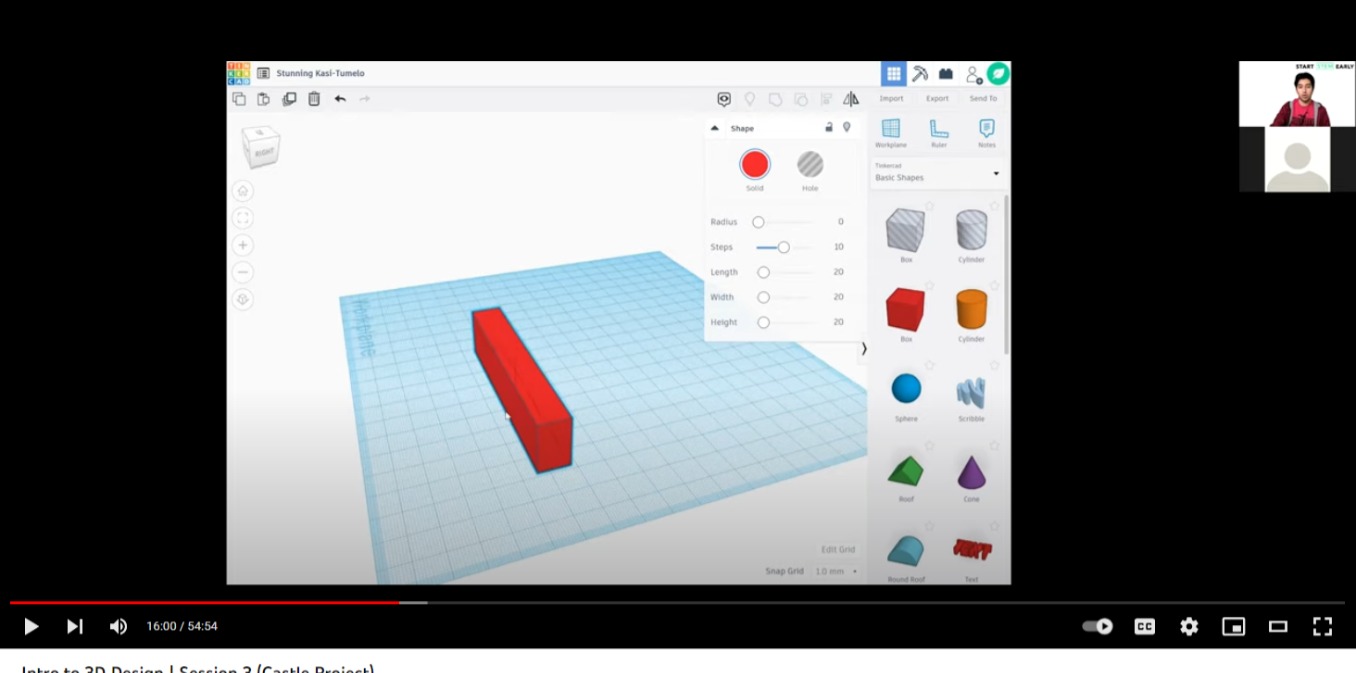
After a year and a half, the single class grew into more programming and has now reached over 7,000 students worldwide. Bhatia organized a speaker series (published on Spotify), where he's spoken to industry professionals like Suzie Kandzor, the director of hacking at The Microsoft Garage. Classes for third- to eighth-graders now include introductions to rocketry, machine learning, epidemiology, digital photography and 3D design. The platform has also hosted online hack-a-thons, giving students the opportunity to show off their skills in developing an app.
Bhatia understands that STEM can be difficult to grasp sometimes, so deciphering complex scientific concepts and theories into something more digestible for little kids is crucial to his program.
Bhatia employs analogies to find a common ground. "We might start by posing a question, how do you know whether to wear a raincoat before you go outside? A typical answer we hear is, 'If it's raining outside or it's forecasted to rain, then I will wear a raincoat. If not, then I will not.' We link these analogies back to computing, explaining that a computer requires very similar instructions and logic to do its job."
Bhatia envisions teaching to be a part of his career in the future, and uses his role as a student to inform his own approach to teaching.
"It is always in the back of my mind how to capitalize on any problem I see. If the professor says something about how they teach, I can adopt their thinking and process," he said.
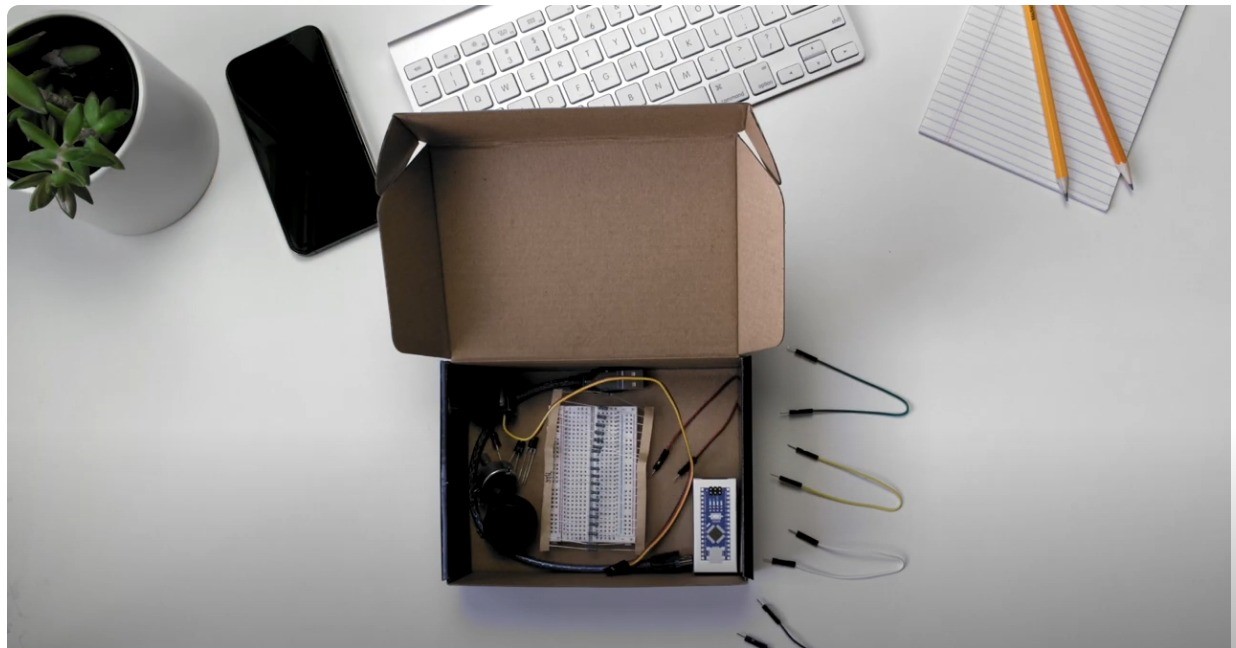
Currently, Bhatia and his brother are working on expanding Start STEM Early to increase student accessibility. Their project, Beyond, will deliver kits to students' doors, with materials to complete a project and access to video tutorials. The first kit's lesson is an introduction to Arduino, a computer hardware and software company that designs single-board microcontrollers; future kits may include lessons in forensics and thermodynamics. Bhatia also hopes to incorporate AI and personalized learning into his lessons.
Bhatia finds the most gratifying part of teaching STEM is the look on the kids' faces. It is that moment when they understand what he is teaching and the knowledge that he is making a difference in children's lives.
"You can see how they understood it visually and that is pretty gratifying."

